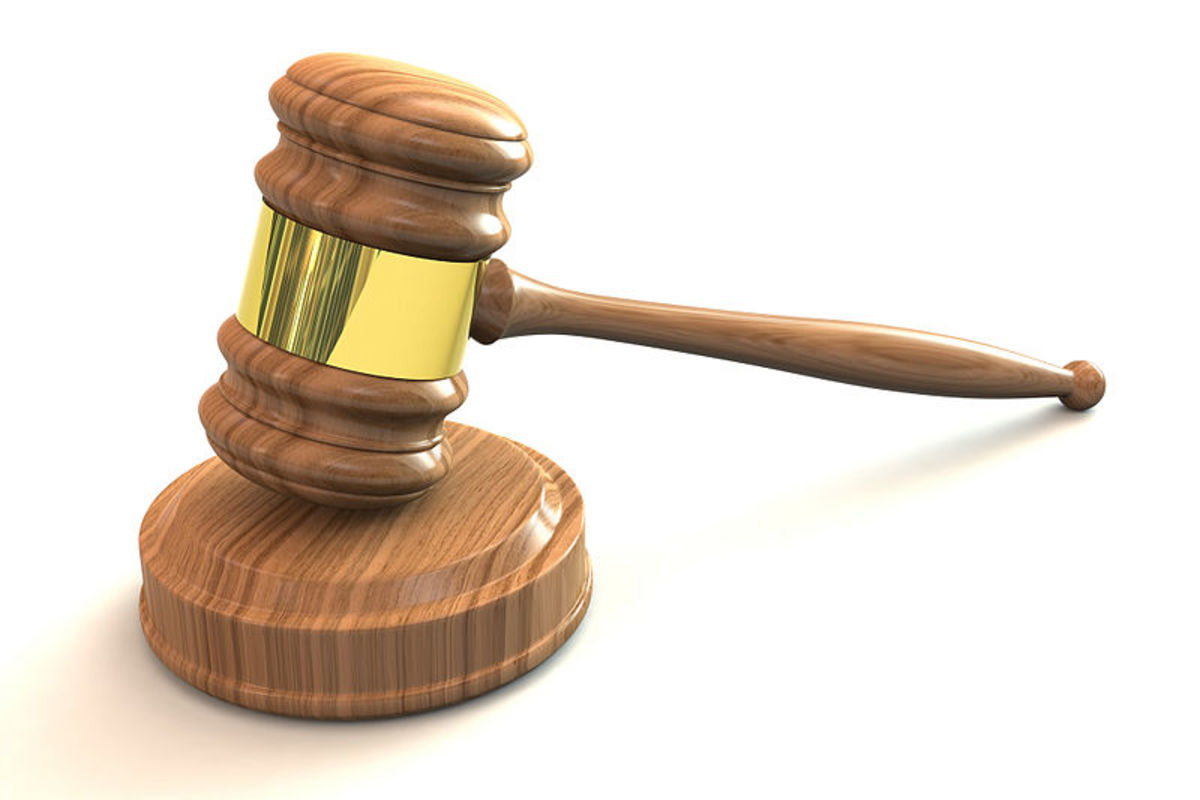Relevancy of Motive or Malice in Question of Tortious Liabilities - Liability under Tort law
Relevancy of Malice on Question of Tortious Liability
Relevancy of Malice on Question of Tortuous Liability
The general rule is that if the act done is lawful, the circumstances that it was done Maliciously would not make a person liable under the law of Torts. The leading case on this point is decision of House of Lords in Mayor of Bradfort v. Pickles (1895) in which defendant was not held liable for International Interception, by mean of Excavation on his own land, the underground water which otherwise would have flowed into adjoining water works of Plaintiff, although his sole object in doing so was to compel plaintiff to buy his land at his own price.
2. Malice When Relevant under Law of Torts.
The general rule stated above is subjected to three exceptions where proof of Malice is Essential Ingredient of the Tort itself. In these exceptional cases, the Tortuous action of Plaintiff would be dismissed if he fails to prove Malice of Defendant. These exceptional cases are:
a. Tort of Slander of goods.
b. Tort of Slander of Title.
c. Tort of Slander Malicious Prosecution.
3. Relevancy of Malice to Assessment of Damages.
As a general rule, Malice is not required to be proved in a Tortuous action. It would however, be guiding factor in assessment of damages.
a. Aggravation of Damage. The circumstances that Tort has been committed by defendant malicious would aggravate the amount of damages. Presence of malice would be a aggravating factor and would entitle Plaintiff to aggravated damages.
b. Mitigation of Damages. The circumstances that tort was committed by defendant without Malicious or ill will towards Plaintiff would mitigate the amount of damages. Absence of Malice would be a Mitigating circumstances and would entitle Plaintiff to mitigate damages.
4. Absence of Motive to cause Harm Whether a Defense.
Absence of motive of defendant to cause harm to plaintiff as a general rule is not a defense in action in the law of Tort. Absence of motive would however, be a defense to a action based on Tort which comprises of malice or bad motive of defendant. Examples of these torts are:-
a. Tort of Slander of Goods.
b. Tort of Slander of Title.
c. Tort of Malicious Prosecution.
In all these three torts proof of malicious or bad motive of defendant to cause harm to plaintiff is one of the essential ingredient of Tort itself.
The action of Plaintiff would fail if there is no proof that defendant had motive to cause harm to plaintiff. Only in these Torts, absence of motive of defendant to cause harm to plaintiff would be a valid defense. In all other torts it would be no defense for defendant that he did not cause harm to plaintiff.



